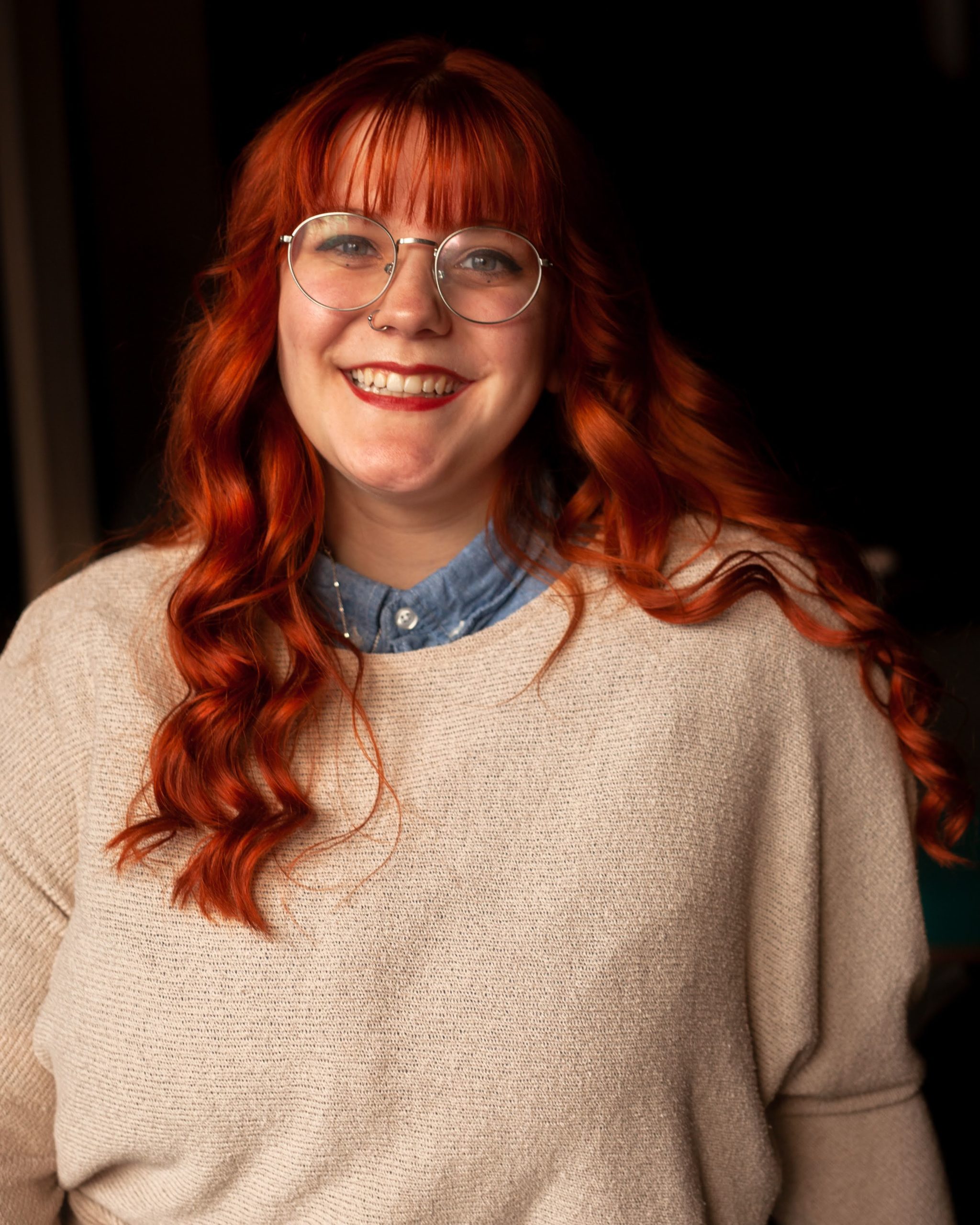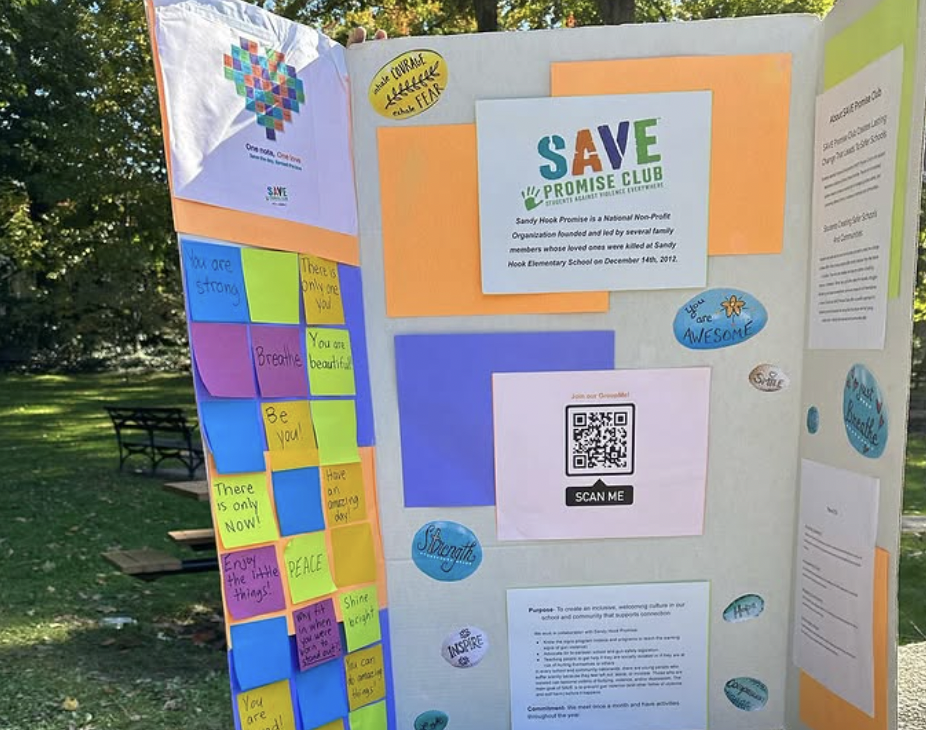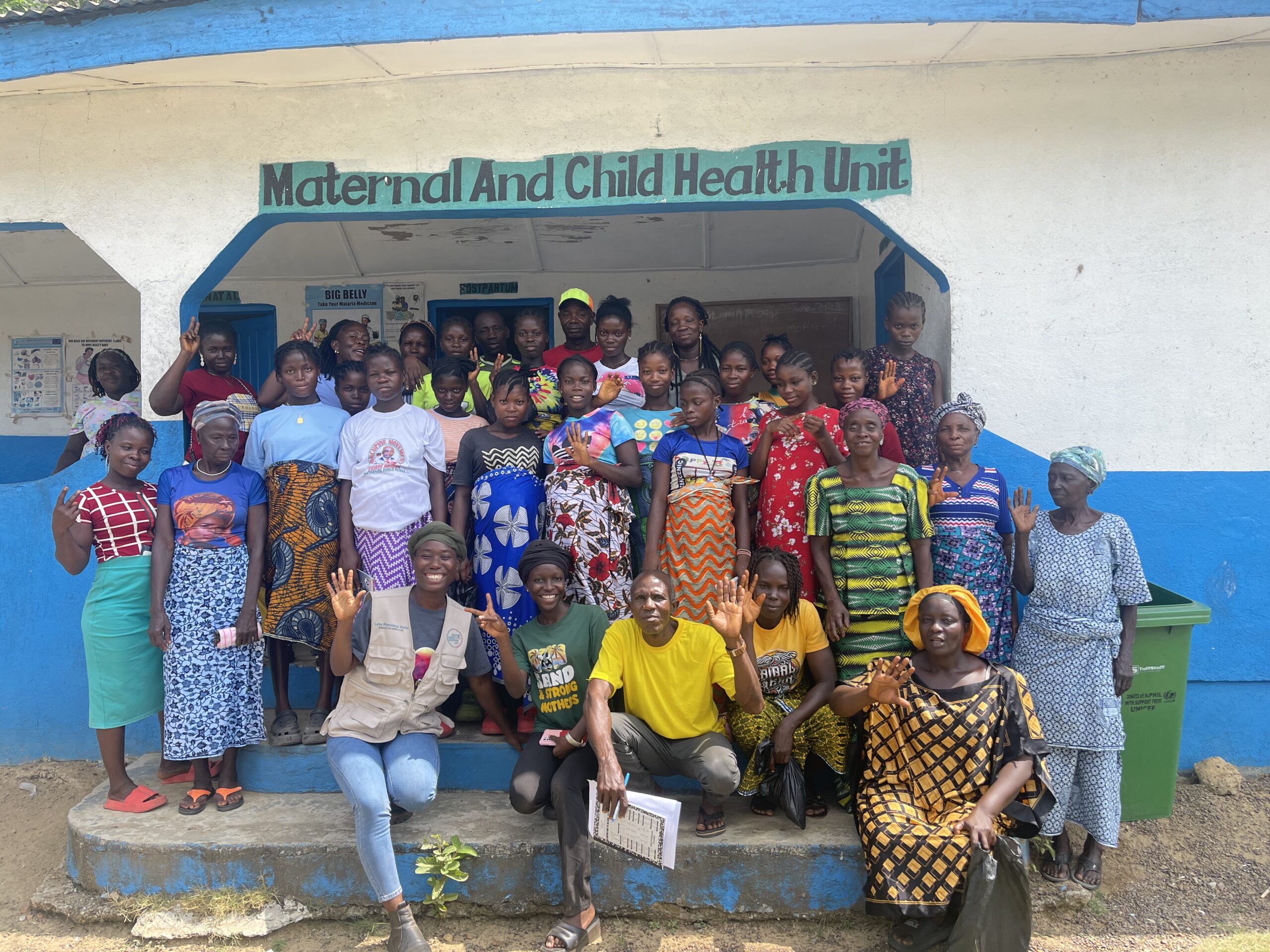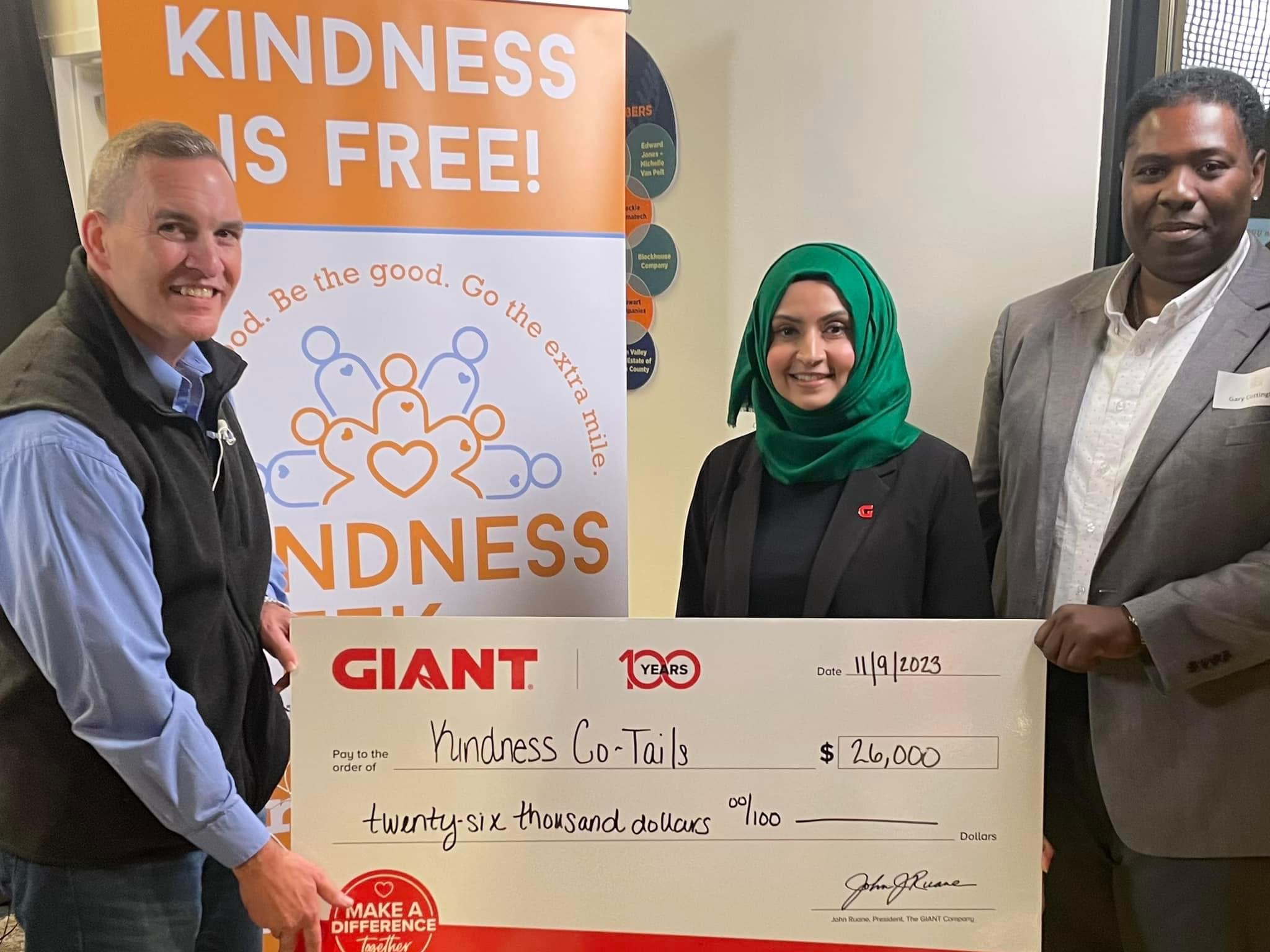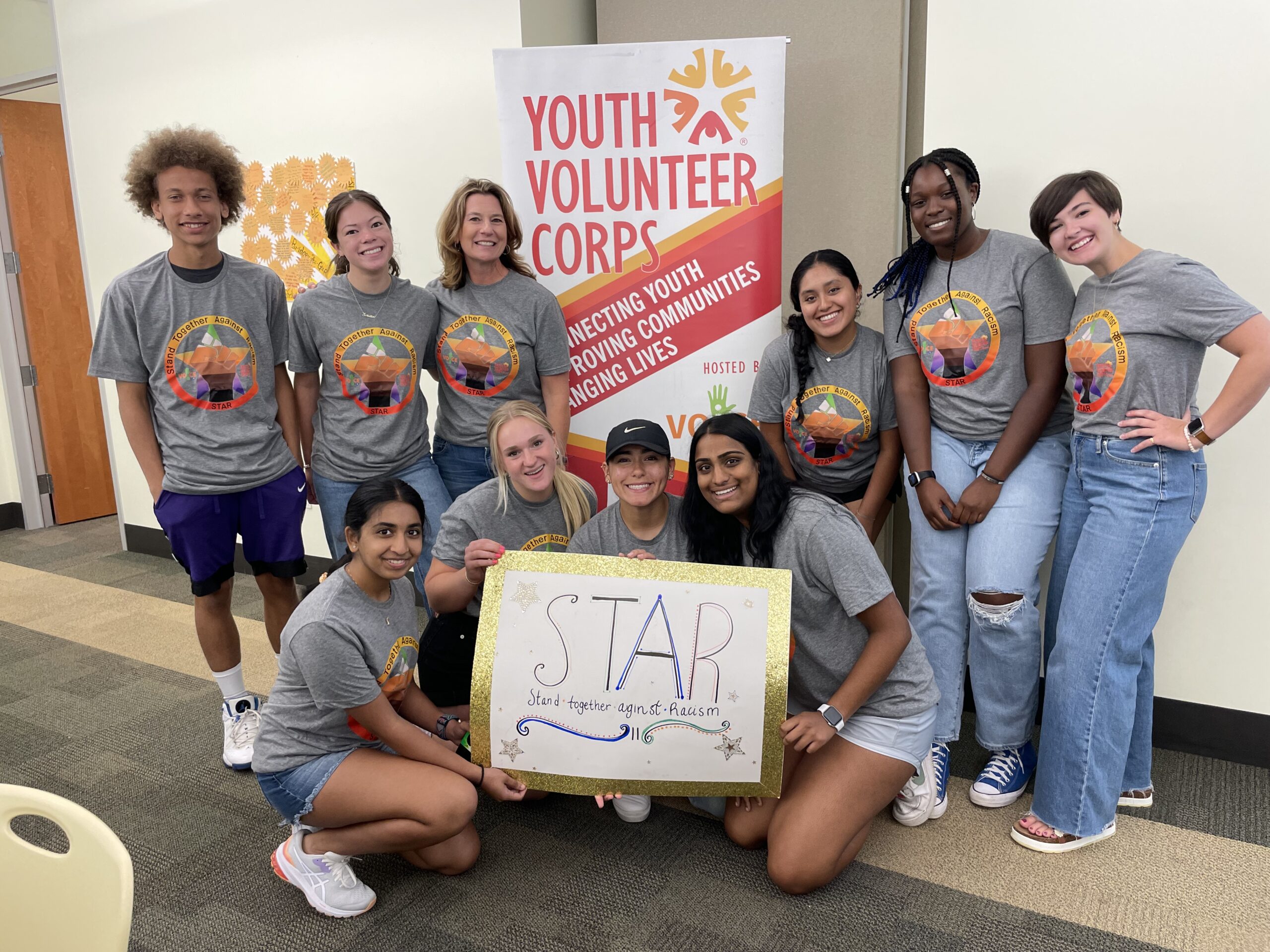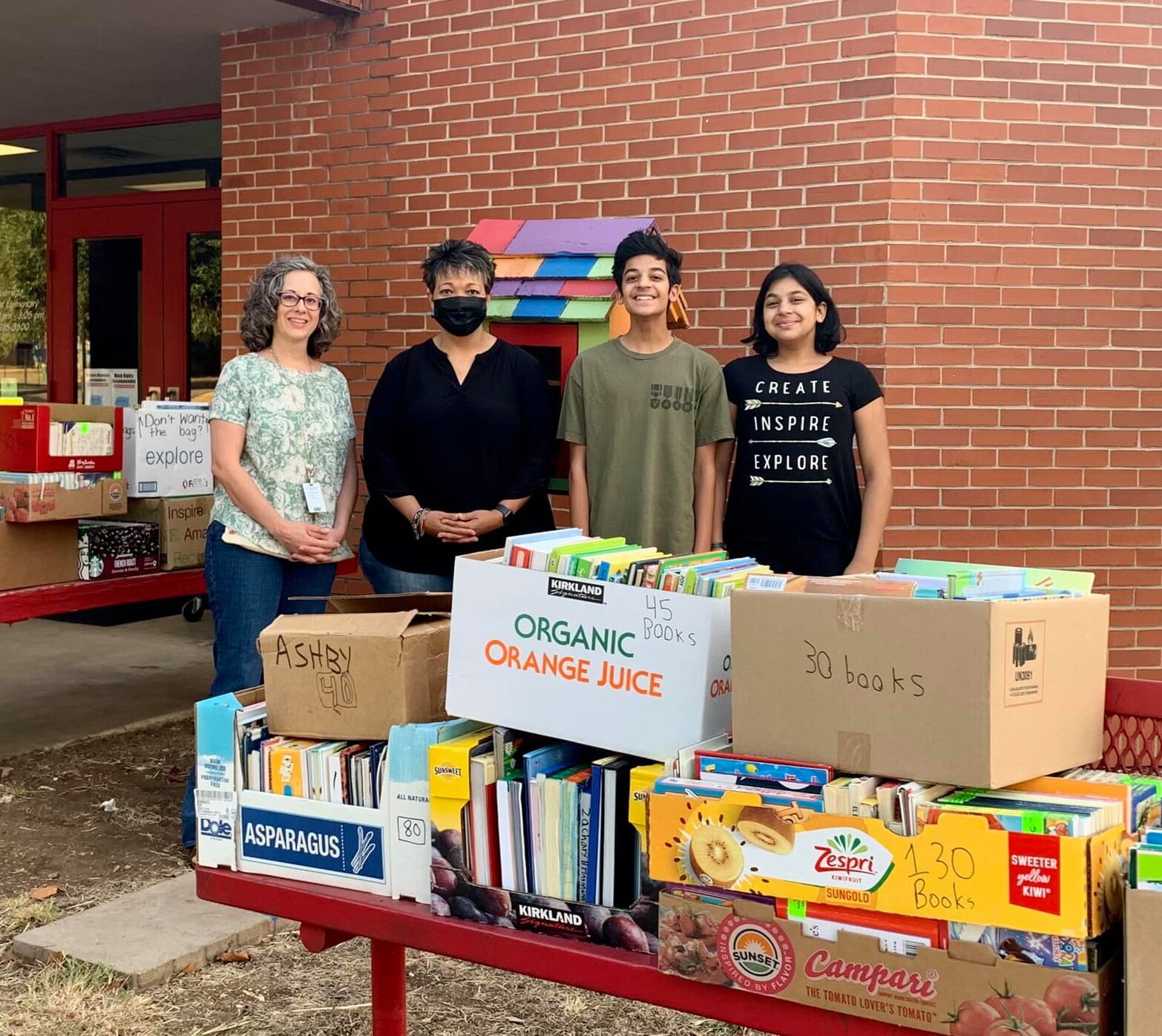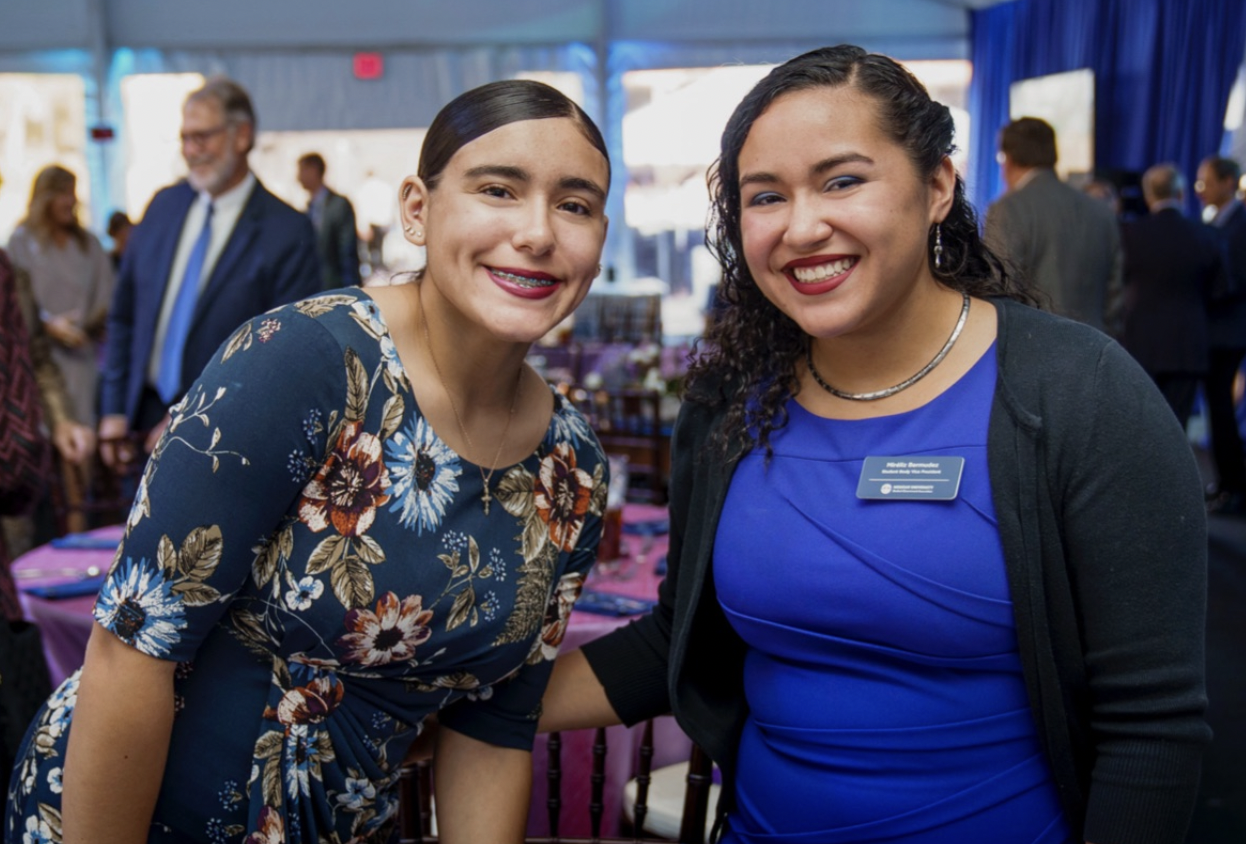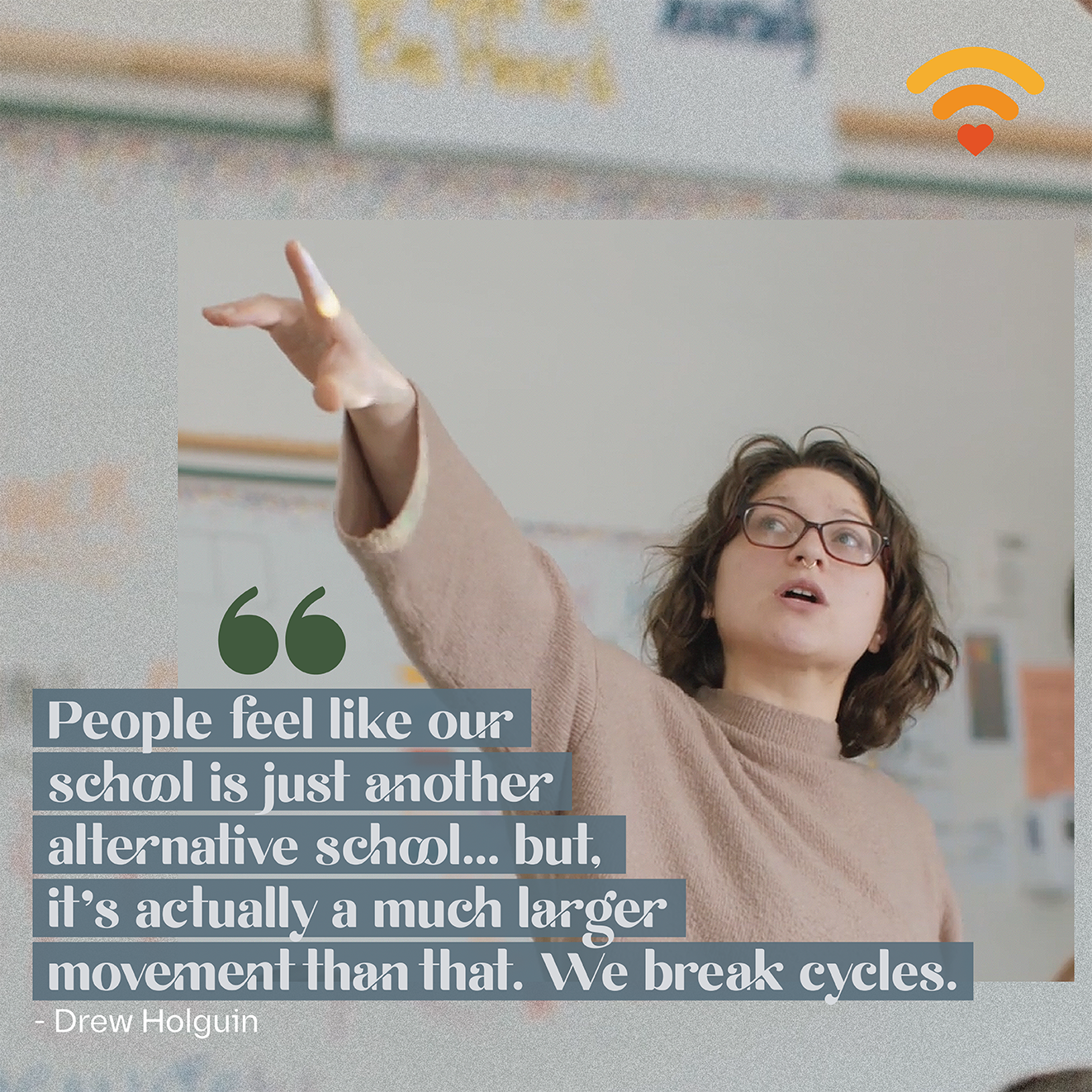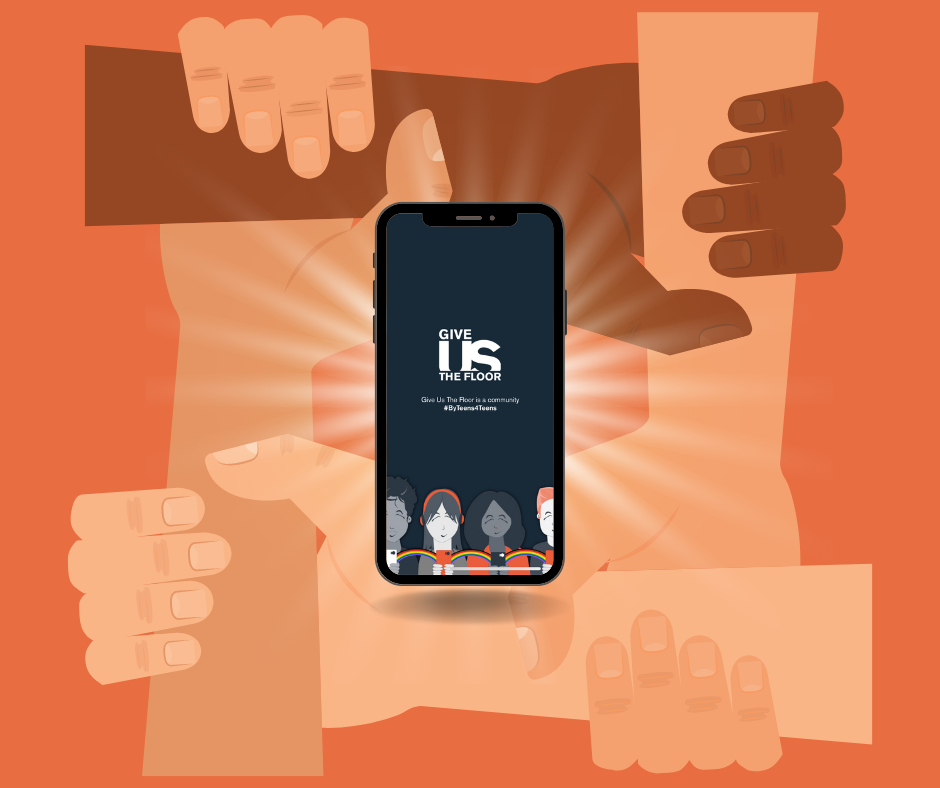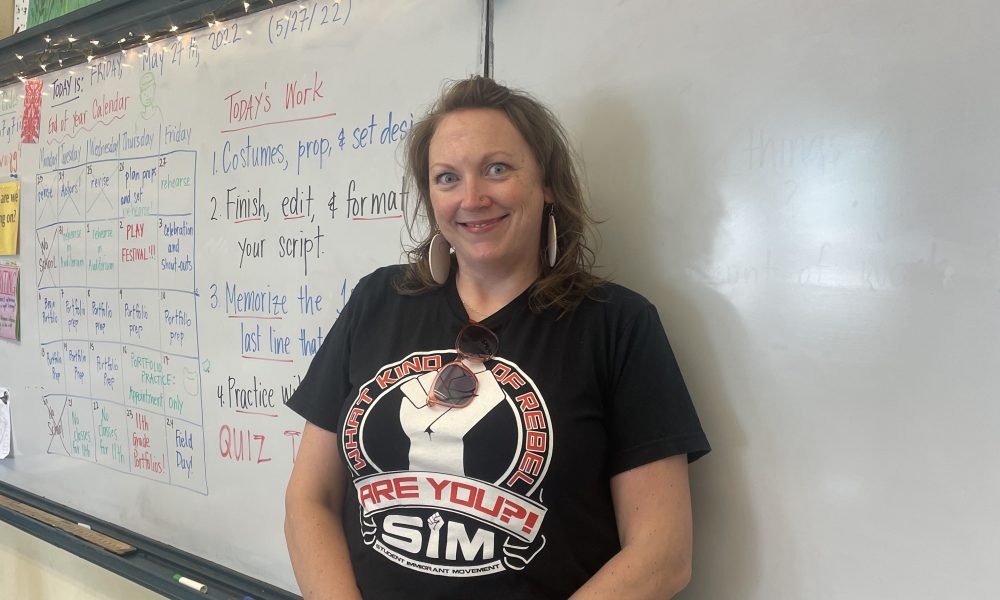Nadya Okamoto is a 23-year-old Harvard student; co-founder of August, a lifestyle brand working to reimagine periods; founder of PERIOD (period.org), an organization fighting to end period poverty and stigma; author of Period Power: A Manifesto for the Menstrual Movement; and former Chief Brand Officer and current Board Member of JUV Consulting, a Generation Z marketing agency based in NYC. Within her massively busy schedule, we were able to hop on a call and talk about her journey of advocacy, mental wellness, and more.

Taylor M. Parker: I want to start our conversation by extending the opportunity to you to introduce yourself as you are in this moment. So tell me, who is Nadya Okamoto?
Nadya Okamota: I am Nadya. I am 23. I am in my last semester of college at Harvard, so I’m a senior. And I’m the founder of August, a lifestyle period brand. I’m also the founder of Period.Org, a nonprofit working to end period poverty and stigma. And I’m also an author, my book is called “Period Power” and it came out in 2018.
TMP: You are so incredible. I am super stoked to talk to you today because I have been doing work to end period poverty and create menstrual equity since I was in high school. So this is the most exciting to me, to talk to you about your work and learn from you. Can you start by telling me about your passion for menstrual equity and how it came about?
NO: Yeah, I was 16 and I hadn’t really heard about period poverty before. I started hearing these stories about it from women experiencing homelessness that I saw going to and from school. It really was a privilege check for me, to know that my family, while experiencing a level of housing instability, hadn’t put me in a position where I had to use trash to take care of my period due to a lack of resources. For me, a lot of my motivation and continued passion for this comes from knowing that [period poverty] is such a natural and overlooked need that I think we can all do a little bit of a privilege check on. Also, I think a big part of my motivation for working is knowing I felt this calling to get involved with merchandising, and recognizing my place on this spectrum of privilege and taking action as a way to reconcile that.
TMP: That is so awesome. So, did Period.Org come first for you, as far as your development of programs goes?
NO: Yeah! I started the nonprofit when I was 16 with the goal of collecting period products and getting them to people who need them. Here we are, 7 years later! I led the organization until last January and, by the time I left, we had distributed around 20 million period products and had registered almost 1,000 campus chapters at universities and high schools around the US and abroad. We also did a lot of work around advocacy to take down unfair legislation. This looked like fighting the tampon tax that existed in 40 states when I started my work. Now [the tampon tax] is only in 30 states, and it has been inspiring to see that work happen and grow. I am continually inspired by the movement and the work of other people as well.
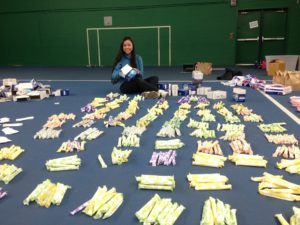
TMP: What? How incredible! You mentioned that you have campus chapters internationally, so across national borders, what does the work of PERIOD look like?
NO: Internationally, it’s a lot of registered chapters trying to share educational materials with their members. As Americans, we’re not going to go to another country and impose our “solutions,” but we can share our model of change. I’m no longer involved with the organization, so I can’t talk to you too much about the new work that they’re doing. But I am just continually inspired by the work they’re doing there. It was such an incredible experience, my first real entrepreneurial experience. I never expected it to get this big, or even exist outside of my high school and Portland. It has taught me so much about how to build and learn how to fail, and I’m taking these lessons into all of my other endeavors, like gen z marketing and creating a purpose-driven business that’s also in the period space.
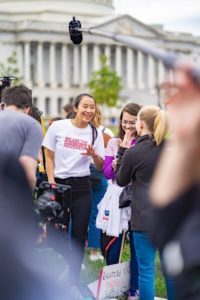
TMP: Wow. I’m sure you get this a lot, but I want to tell you again how incredible this work is and how remarkable you are for creating it! I am constantly comforted by knowing that there are people like you in this world, actively making change for kindness and a safer place for all of us to live in, especially for those facing circumstances that some people don’t understand, like period poverty. So thank you, personally, for all of the work that you do. Can you tell our readers about August and the story behind it?
NO: The idea for August has been in the back of my mind for several years. I spent the last 6 years in the period space thinking about how we can change the stigma around period care and the conversation and make period care in general better. After working with many companies in the period space, I just felt like there was an opportunity to make a better product for a generation that cares deeply about causes, like ending period poverty. We haven’t launched a product yet, but we have been building with our community, called the “inner cycle,” wanting to hear and talk about their period experiences and reimagine how period care can be more sustainable, impactful, and inclusive. Twenty percent of our inner cycle are gender-nonconforming people or trans men that experience menstruation. A big part of what we’re doing is co-creating with our community to address diverse period experiences and questioning why period care is something that hasn’t been talked about outside of the mainstream narrative. We really want to revolutionize how period care exists in our culture.

TMP: As a nonbinary person that was assigned-female-at-birth and menstruates, I am super grateful for the intentional inclusivity here. With every period product that is marketed to me, I am told that using them will make me a free and proud woman. Whether or not I use them, I am not a woman though that is how they see me. Not only is the marketing incorrect but it feels like I can’t use it because it has been created to focus on people that are not like me. I know the intentional measures you’re taking for inclusivity will only continue to grow in power beyond today, so I want to say a personal “thank you” for that. I’m honestly just a huge fan of your work and everything that you’re doing.
NO: Thank you! And I appreciate you sharing. It’s something that I am constantly infuriated about, you know? My favorite chapter that I wrote in my book was about the history of the commodification of period products. It was recognizing how this industry has sold products by perpetuating negative stigmas around periods – “buy a product to hide your period” or “forget you have a period” – but more than that, it’s been perpetuating the idea that menstruation means womanhood. That idea is vastly incorrect, harmful, and heteronormative! How many period ads have we seen where you can play tennis in this white outfit and go on a date with this tall white guy? I completely agree with you and it’s something we’re putting an end to. That’s what you can see on our social media channels. I mean, we’ll show period blood. For me, as a cisgender woman leading this company, it’s important that I’m not taking up all of the space but empowering those on our team who represent the community we’re trying to serve.
TMP:Yes, yes, all things yes. Tell me more about this book that you wrote!
NO: My book is called “Period Power: A Manifesto for the Menstrual Movement.” I wrote it over the winter break of my college sophomore year. I was so inspired by other books that were pivotal in bringing together large groups of people passionate about one thing. So for me, it was just a wonderful exercise in talking to incredible people in the menstrual movement, learning from them, and getting a better understanding of where period stigma comes from and how period poverty can be fought from various angles.

TMP: With so many accomplishments at such a young age, what would you say you are most proud of?
NO: I would actually say I’m most proud of the progress I’ve made in my own mental health journey. I was recently diagnosed with complex PTSD and Borderline Personality Disorder, and I’m still learning how to open up about it because it is so recent. Trauma recovery and therapeutic work is not easy, you know. I spent several weeks in residential rehabilitation last summer to learn about myself and how I can be better and understand how to sit in the muck of my trauma. It was one of the hardest things I’ve ever done because, before this, I had just run away from my mental struggles through work. This forced me to learn how to cope.
TMP: I’m so proud of you for taking those steps and seeking help. It’s brave to take care of yourself! What would you say have been good coping mechanisms for living with these new diagnoses and balancing the rest of life?
NO: I’ll say first and foremost that balance is still something I am struggling with. I would not say that I should be an example of what it looks like to be a balanced human. However, I’m really excited and grateful to have access to therapy. After I was discharged from residential rehabilitation, which was the first break in three years from working and touring, I didn’t have health insurance for several months. I got insurance coverage again in early February, and I am so grateful for it. Having the resources to be able to reach out to help in this way has been pivotal. Beyond that, being strict with myself about practicing certain self-care habits has been important to my journey. So much of my trauma is physical and manifests in feeling disconnected from my body, so in the morning I get into my practice of doing yoga. I just became a certified yoga instructor!
TMP: Oh my goodness, me too! Congratulations!
NO: Thank you! Having that time to stretch in the morning and reconnect with my body is important. Because trauma can show up in my life as dissociation and depersonalization, it is a challenge to feel “in the moment.” Feeling my body movement is so helpful in fighting those feelings. I’ve also had a history of self-harm, so this intentional body connection is a way for me to help myself cope physically while avoiding feelings of numbness. I know my coping mechanisms now, and I am so grateful. Now when I’m feeling frazzled, I know I can return to yoga or return to breathing to help. I actually watched “Gaga: Five Foot Two” a couple of years ago and learned from it! I have chronic pain in my back, and I also did ballet for a long time, and I knew she dealt with chronic pain too. So I was watching and taking notes of what she was using to take care of herself. I have my solutions of Tiger Balm and Gua Sha on my desk, but it’s a constant search for finding the right solutions for your body.
TMP: I think it’s so interesting that “Gaga: Five Foot Two” helped you learn about how to take care of yourself because I have a similar story! Back in late 2017, I watched the documentary and I saw her dealing with fibromyalgia. I had been living and struggling with chronic pain issues for a long time, but something clicked in me. When I saw my doctor within a month, I told her that I was having similar symptoms from what I saw in the documentary. So we went through all of the tests and I got the diagnosis of fibromyalgia. I was able to get really quality work pinpointed at that illness because of that documentary! And I’ve heard so many similar stories. I just love how people can watch it and get to know their body better because of it. Thank you for sharing that!
NO: You too! And I’m so glad you were able to identify it! It’s so frustrating not knowing what the problem is. When I got my diagnosis, people kept apologizing to me, but learning my diagnoses have brought me so much relief. I’m no longer wondering, “Why am I so messed up? What’s wrong with me?” I now know that this is a part of me and my body, and I can have a treatment plan now. It’s one of the harder things about chronic pain, because I don’t know what happened but I know that it hurts all the time and it’s not just physical.
TMP: For sure, and I’m so glad you were able to get the professional help that you’ve needed. I know just how powerful that change can be. What would you say to people who have been newly diagnosed with mental health problems and those in their community?
NO: I’m still getting over the shame and stigma of having mental illness because I don’t know people who have experienced this. So, again, I am still very much a work in progress. But I would like to say that this is nothing to be ashamed of. For me, it looks like reminding myself that I don’t have BPD because I’m screwed up, but I have BPD because my body has had to go through terrible things that I didn’t have control over and it developed BPD as a survival tactic. How can I look at this, a sign of what I’ve survived and how resilient I am, as a source of shame? Even if your mental illness is genetic, I see it as an opportunity for me to think about things from different angles and be more thoughtful. Push the framework of how you think about mental health. And for those trying to be there for their loved ones with mental illness, just listen. There’s a time to give advice, but always listen first so you can give advice only when it is wanted or needed.
TMP: Absolutely! It’s so important that we listen and validate those emotions. Even if we don’t understand them or haven’t experienced them, those emotions and feelings are still very real for the people who are experiencing and feeling them. Any part of healing – communal, interpersonal, intrapersonal – is starting by validating those emotions. Last thing, do you have any encouragement for young people that are inspired by your story and your work?
NO: I would just say to be brave. Don’t be afraid to ask questions. I’m constantly researching things and learning more from the experience and expertise of others.
To learn more about Nadya Okamoto, you can follow her on Twitter and Instagram at @nadyaokamoto. To join the August Inner cycle, click here or go to https://itsaugust.co/. To read more about young people working for menstrual equity, read Taylor’s story in Chapter 5 of Channel Kindness: Stories of Kindness and Community.




